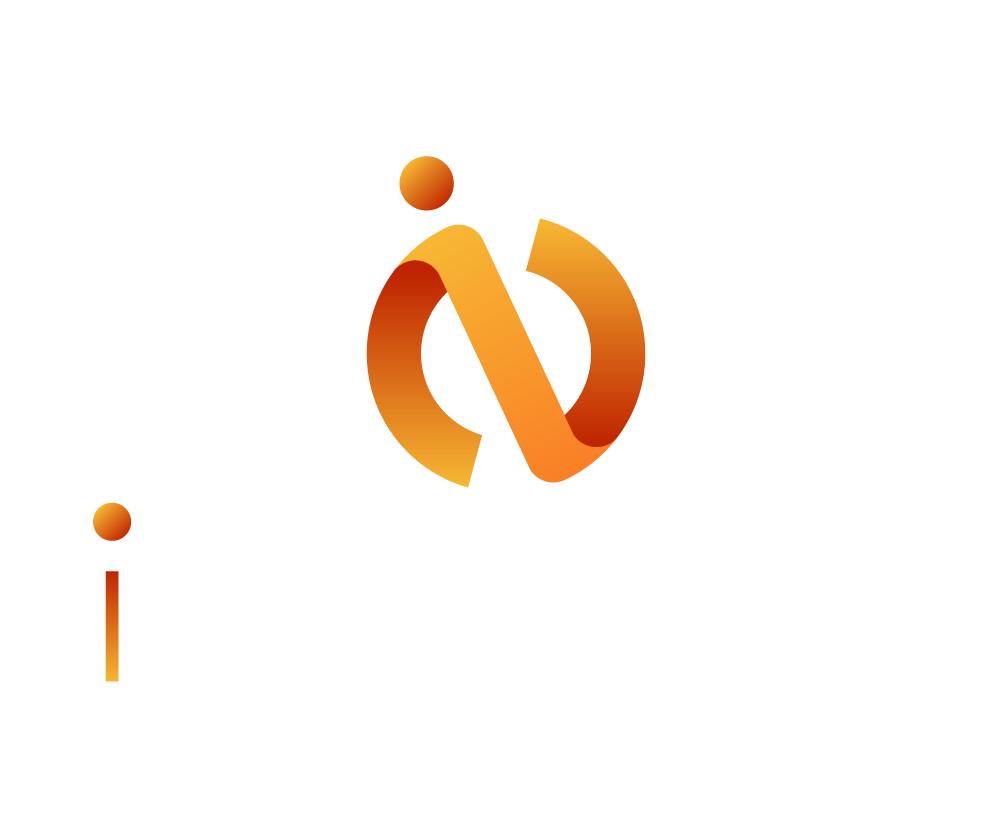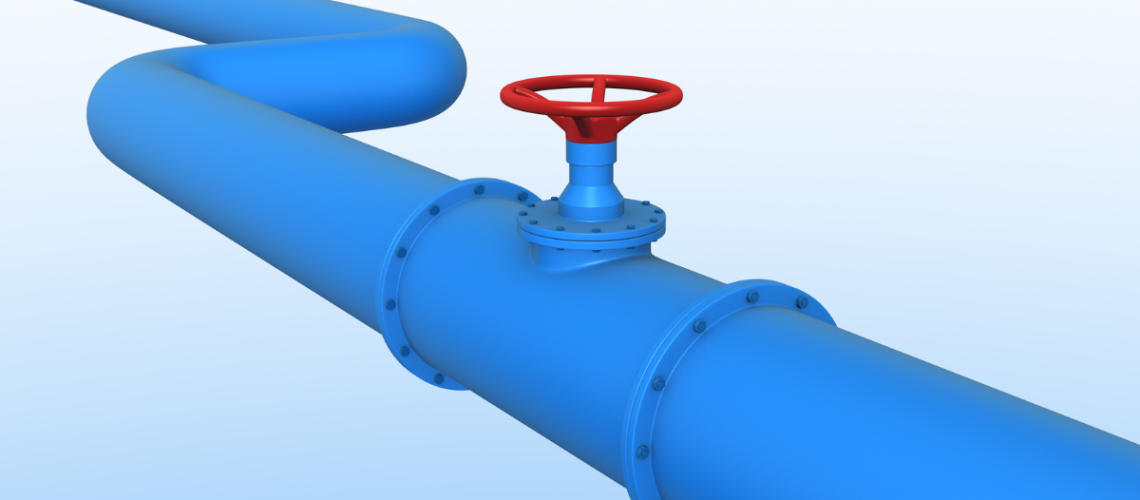Law firms are facing increasing challenges when it comes to attracting and hiring quality talent. The traditional reactive recruitment approach is an expensive model, which increasingly struggles to secure the best talent.
As such, it is no longer the optimum way of recruiting. To overcome these challenges and stay ahead in the competition for talent, firms need to adopt a proactive approach to hiring by developing and maintaining a continual recruitment pipeline.
What is pipelining?
Pipelining is the process of developing a prequalified list of potential candidates/talent who possess the desired skills and qualifications for future hiring needs. It involves establishing and maintaining regular contact with these individuals, building relationships, and keeping them engaged with your firm’s upcoming opportunities.
By creating a talent pipeline, law firms can ensure they have a pool of qualified lawyers readily available when a vacancy arises, or when there is a need to expand the team.
The benefits of pipelining
There are several clear benefits of implementing a pipelining strategy for legal recruitment.
- Access to specialist talent: By proactively engaging with potential candidates and building relationships with them, law firms can attract and retain high-quality talent. Pipelining allows firms to identify and connect with lawyers who possess the right skills and experience required, ensuring the best fit for your organisation.
- Reduced time to hire: Maintaining a talent pipeline significantly reduces the time and effort required to fill open positions. When a vacancy arises, your firm can turn to your pipeline and reach out to prequalified candidates who are already familiar with your firm, and it’s offerings. This eliminates the need for time-consuming and costly recruitment processes.
- Improved retention rates: Building relationships with candidates well in advance of hiring allows law firms to understand their motivations, aspirations, and career trajectories. This knowledge enables your firm to align opportunities with the individual needs of candidates, increasing the likelihood of successful hires and long-term retention.
- Cost-savings: Pipelining can help firms save on recruitment costs, such as placement fees paid to external recruiters. By proactively identifying and nurturing potential candidates, your firm can reduce reliance on costly external resources, and focus on building a direct and sustainable talent pipeline.
- Branding and presenting EVP: Pipelining and prospecting also offers firms the chance to present their EVP (Employee Value Proposition) to future talent, which is what will set them apart from competitors. This is a great opportunity to place your firm’s brand in front of lawyers that may be too institutionalised to know about your firm and it’s available/future opportunities.
- Reconnecting with alumni: Lastly, for those you may want to rehire, pipelining is an opportunity to reconnect with alumni to establish which lawyers would be interested in returning to the firm, and their timeframes for a move.
How to create a talent pipeline
Creating a talent pipeline requires a proactive and strategic approach. Here are some key steps to establish and maintain an effective pipeline.
- Identify target candidates: Define the specific skills and experience needed for future roles in your firm. Identify the types of lawyers you want to attract and engage with.
- Engage passive candidates: Reach out to potential candidates, who may not be actively looking for new opportunities, but possess the desired skills and experience. Initiate conversations, learn about career trajectories, potential travel plans, and gauge their interest in future roles.
- Build relationships: Invest time and effort into building meaningful relationships with potential candidates. Stay in touch regularly, provide them with insights about your firm, and demonstrate the value proposition of working with your organisation.
- Leverage technology: Utilise Insource’s recruitment technology, which enables firms to identify and connect with potential candidates, track their motivations and timeframes, and analyse data to inform talent sourcing strategies. A tool like Insource can streamline and automate the pipelining process, saving you time and effort.
- Continuously nurture your pipeline: Communicate with the candidates in your pipeline regularly, update them on relevant news and developments in your firm, and provide opportunities for engagement. It is key to keep the relationship warm and ensure that candidates feel valued and connected to your firm.
Conclusion: why your firm needs a continual talent pipeline
In today’s competitive legal market, law firms need to embrace a proactive approach to recruitment. Building and maintaining a talent pipeline is crucial for attracting and hiring specialist legal professionals. By adopting a proactive approach and investing in pipelining, law firms can gain access to high-quality talent, reduce time-to-hire, improve retention rates, and save on recruitment costs.
To create an effective talent pipeline, your firm should identify target candidates, engage passive talent who possess the desired skills/experience, build relationships with potential candidates, leverage technology for efficient pipeline management, and continuously nurture your pipeline by staying in regular communication.
In conclusion, the power of pipelining cannot be underestimated in the legal industry. By implementing a continual recruitment pipeline, law firms can stay ahead in the race for talent and ensure they have a pool of qualified candidates ready for future hiring needs.
Embracing this proactive approach will enable firms to attract the right talent, reducing hiring time and costs, and improve long-term retention. Invest in building and nurturing a talent pipeline to secure the success and growth of your law firm.
To discuss how Insource can help your firm build its talent pipeline, contact us today to book a demo.

